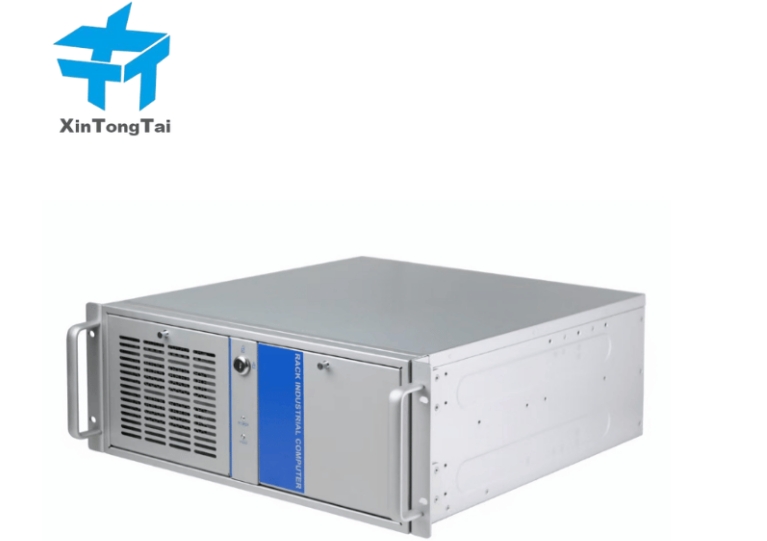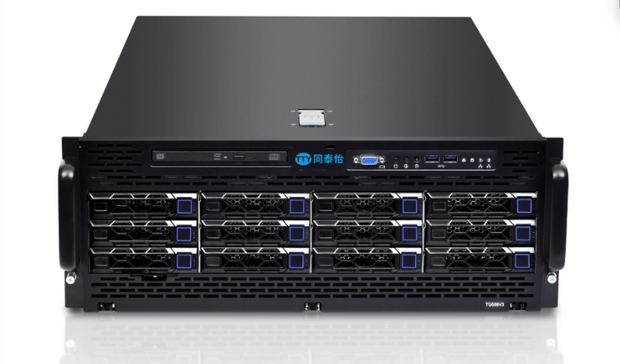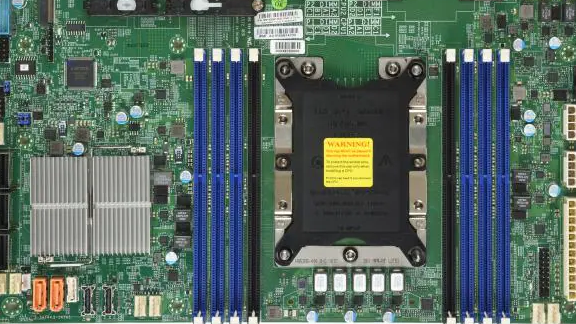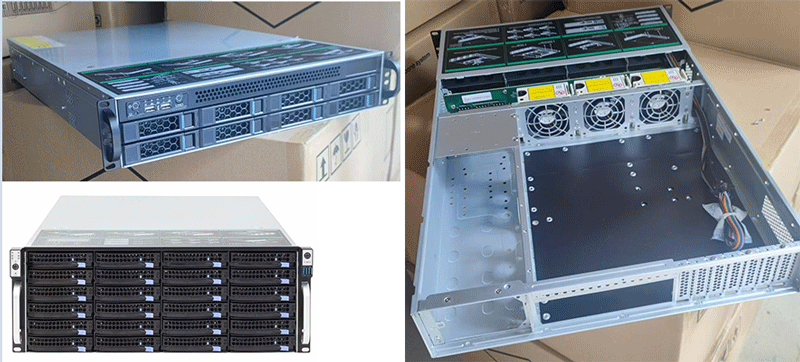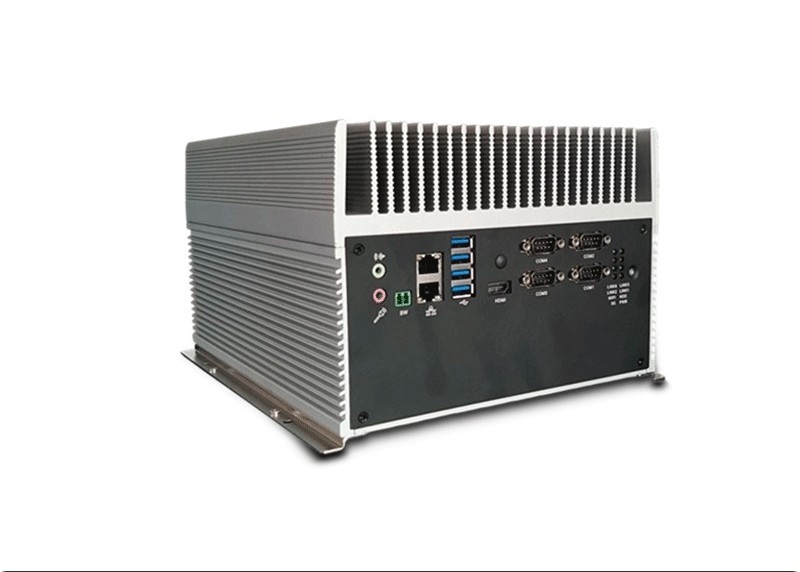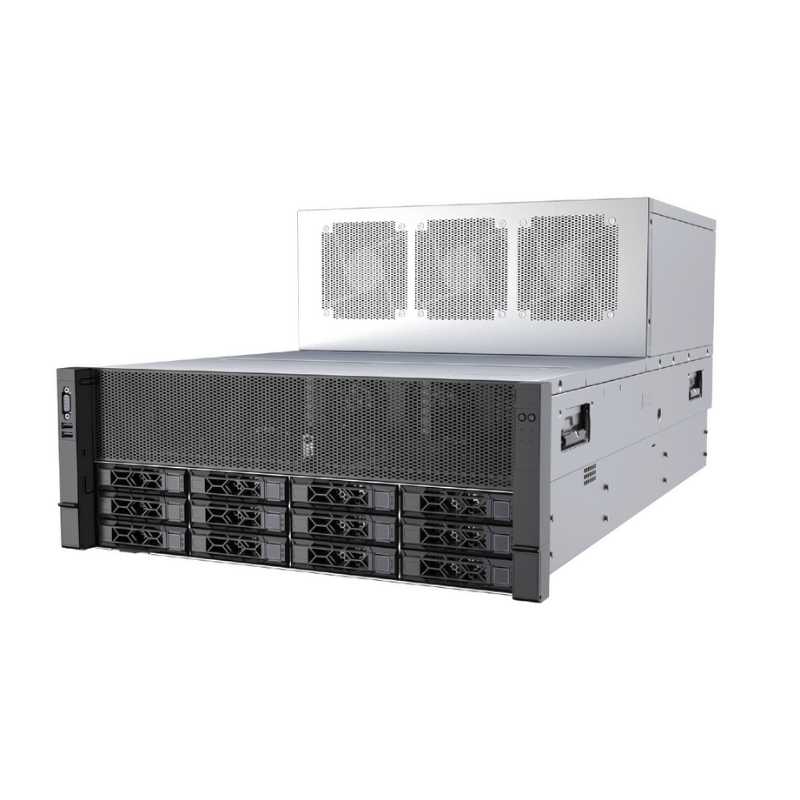-
03-31 2025
Comparison between server chassis and ordinary chassis
the server chassis is designed for "high-intensity work" and is suitable for enterprises and data centers; ordinary chassis are small and convenient, suitable for home or office scenes.
-
02-13 2025
AI Server
In the era of artificial intelligence and big data, an AI Server is a core hardware platform that supports deep learning, image recognition, and natural language processing. Unlike traditional servers, AI Servers integrate GPU/TPU accelerator cards, high memory bandwidth, and high-speed interconnect technology to enable model training and inference with hundreds of billions of parameters.
-
02-10 2025
What Is an AI Server?

-
01-03 2025
Features and Models of Dell Storage Servers
Dell is a leading provider of data storage servers, offering a wide range of solutions for businesses of all sizes. From entry-level models to enterprise-grade systems, Dell storage servers provide excellent performance, scalability, and reliability for critical data management tasks.
-
12-23 2024
What Are the Key Features of a 4U Storage Server and How Does It Differ from Other Rackmount Servers?
Server storage is the backbone of modern data management, with solutions tailored to the diverse needs of businesses and industries. Whether it’s a 4U storage server for a media company, an HP storage server for enterprise databases, or a rackmount storage server for a data center, the right storage system can significantly enhance performance and scalability. By understanding the applications of server storage solutions, organizations can make informed decisions to optimize their IT infrastructure and meet their evolving data needs. For businesses that rely on high-capacity storage, a high storage dedicated server is the ultimate tool for ensuring data accessibility and reliability.
-
12-16 2024
How to Choose the Best Server with 20TB of Storage for Your Business Needs
In today’s data-driven world, having a server with 20TB of storage is no longer a luxury but a necessity for many businesses. Whether it’s for storing critical data, running applications, or managing backups, a server with ample storage can significantly impact operational efficiency. In this article, we’ll tackle six key questions about servers with 20TB of storage, helping you make an informed decision. We’ll also integrate related keywords and provide valuable insights.
-
12-10 2024
Windows Server Storage Service High Memory Usage: Causes and Optimization Guide
Storage Service (StorSvc) consuming high memory is a common yet frustrating issue. Whether used for enterprise file sharing, database storage, or cloud storage applications, excessive memory usage by the storage service can degrade server performance and reduce operational efficiency.
-
11-16 2024
How to Build a File Storage Home Server: A Complete Guide
In today’s digital age, the need for secure, accessible file storage has never been greater. Whether you’re a small business owner, a tech enthusiast, or simply someone with a growing collection of photos, videos, and documents, a file storage home server can offer a reliable and scalable solution. Instead of relying on third-party cloud services to store sensitive data, building your own home cloud storage server allows you to have complete control over your files while maintaining privacy and reducing long-term costs.
-
11-14 2024
AI Server vs Traditional Server: Key Differences and Benefits
In today's rapidly evolving technological landscape, businesses are increasingly relying on servers to manage their growing data and computational needs. While traditional servers have been the backbone of IT infrastructure for decades, the rise of artificial intelligence (AI) has introduced a new breed of servers specifically designed to handle AI workloads. In this article, we'll explore the key differences between AI servers and traditional servers and help you understand which is better suited for your business needs.
-
11-08 2024
ComfyUI AI Server Stopped: How to Fix It?
When working with AI servers, reliability is crucial for ensuring smooth operations, especially when running complex models in production environments. If your ComfyUI AI server stopped, it can cause disruptions in your workflow, leading to potential downtime and loss of productivity. In this article, we’ll explore eight common issues that could cause your ComfyUI AI server to stop and provide detailed solutions for each one.

